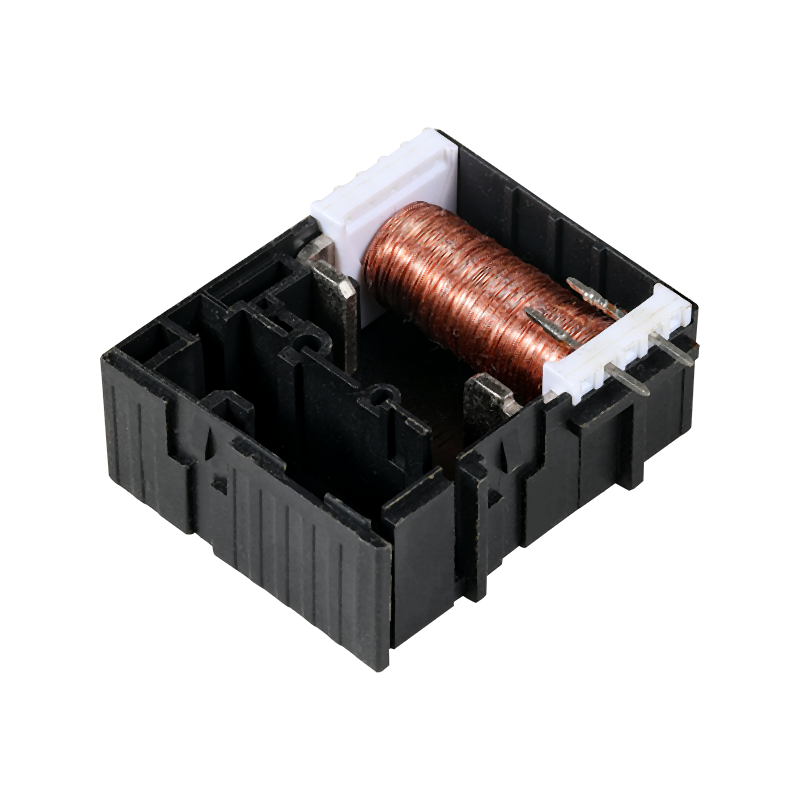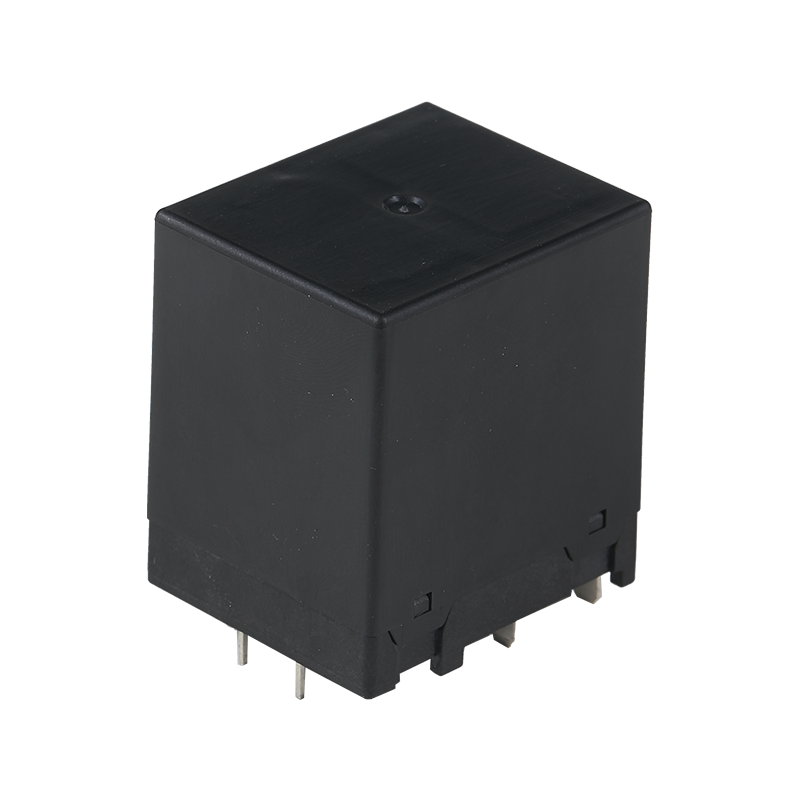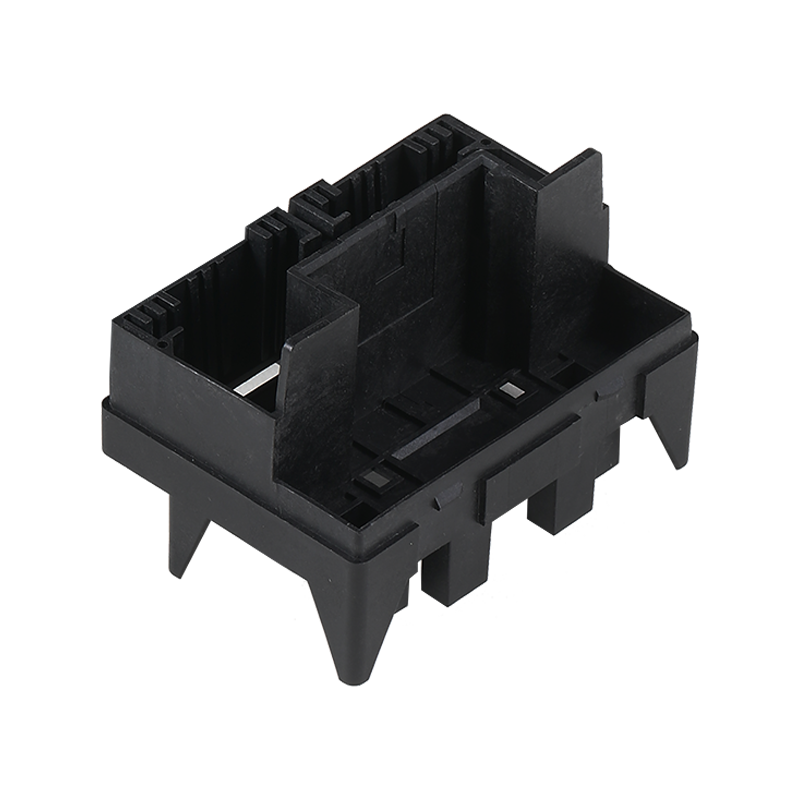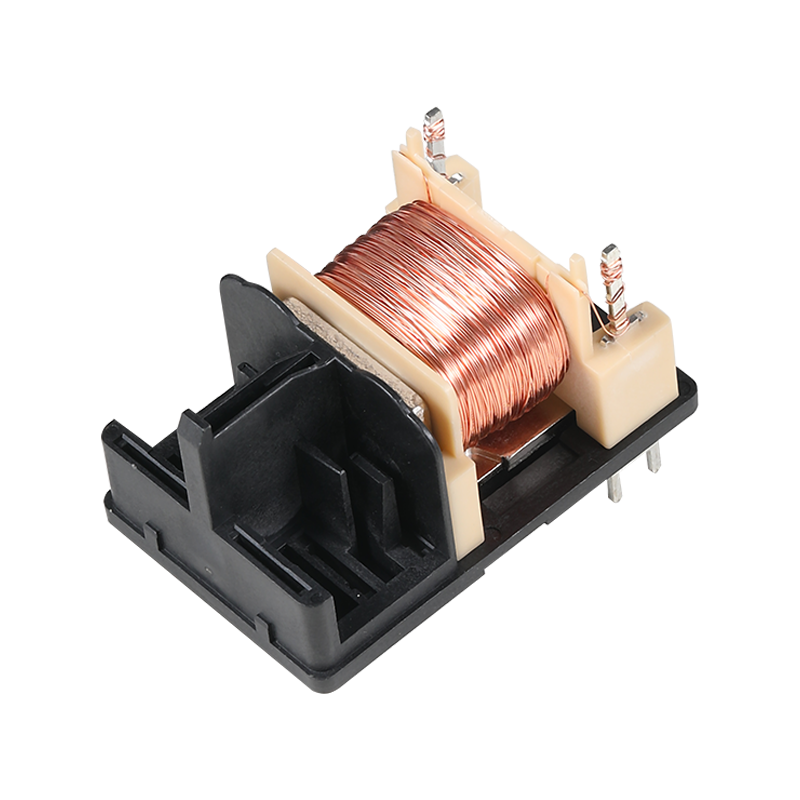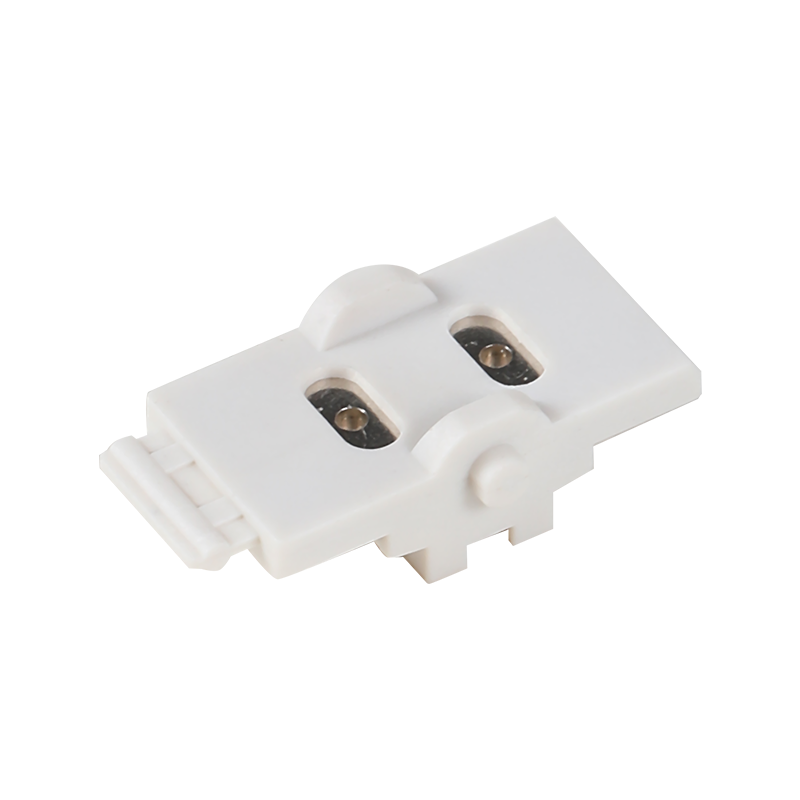
In the complex and interconnected world of modern electronics, one often - overlooked yet crucial element stands out: connector components. These small but essential parts play a vital role in ensuring that devices, systems, and networks function seamlessly and reliably. From smartphones and computers to industrial machinery and telecommunications infrastructure, connector components are the backbone of our connected world.
Connector components are designed to create and maintain electrical connections between different parts of a system. They come in a wide variety of types and sizes, each tailored to specific applications and requirements. For instance, connectors used in consumer electronics are often small and lightweight, while those in industrial settings are built to withstand harsh conditions and heavy - duty use. This versatility ensures that there is a suitable connector for virtually any application, from simple household devices to complex industrial systems.
One of the primary functions of connector components is to ensure reliable signal transmission. In today's high - speed digital world, the integrity of electrical signals is critical for the proper functioning of devices and systems. Connectors must be able to handle a wide range of frequencies and data rates without introducing significant signal loss or interference. This is particularly important in applications such as telecommunications, where even minor signal degradation can affect communication quality and reliability.
Durability is another key aspect of connector components. They are often subjected to various environmental conditions, including temperature bads, humidity, and mechanical stress. To ensure long - term reliability, connectors are designed to withstand these conditions without compromising their performance. For example, connectors used in automotive applications must be able to operate reliably in the harsh environment under the hood of a car, while those in aerospace systems need to withstand the rigors of flight.
Safety is also a significant consideration in the design of connector components. Many connectors are designed with safety features to prevent electrical shock and other hazards. For instance, some connectors include insulation and shielding to protect users from exposed electrical contacts. Others are designed with locking mechanisms to ensure that connections remain secure even under vibration and other mechanical stresses.
In addition to their functional benefits, connector components also play a role in the aesthetics and user - friendliness of electronic devices. Well - designed connectors can make devices easier to assemble, disassemble, and service. They can also contribute to the overall design and appearance of a product, making it more appealing to consumers. For example, the sleek and compact connectors used in modern smartphones and tablets not only ensure reliable connections but also contribute to the sleek and modern look of these devices.
Connector components are the unsung heroes of modern electronics. Their ability to provide reliable, durable, and safe connections is essential for the functioning of a wide range of devices and systems. From simple consumer electronics to complex industrial and aerospace applications, connector components ensure that our world remains connected and operational. As technology continues to evolve, we can expect to see even more advanced and innovative connector components, further enhancing their capabilities and expanding their applications in our increasingly connected world.

 English
English 中文简体
中文简体 русский
русский
